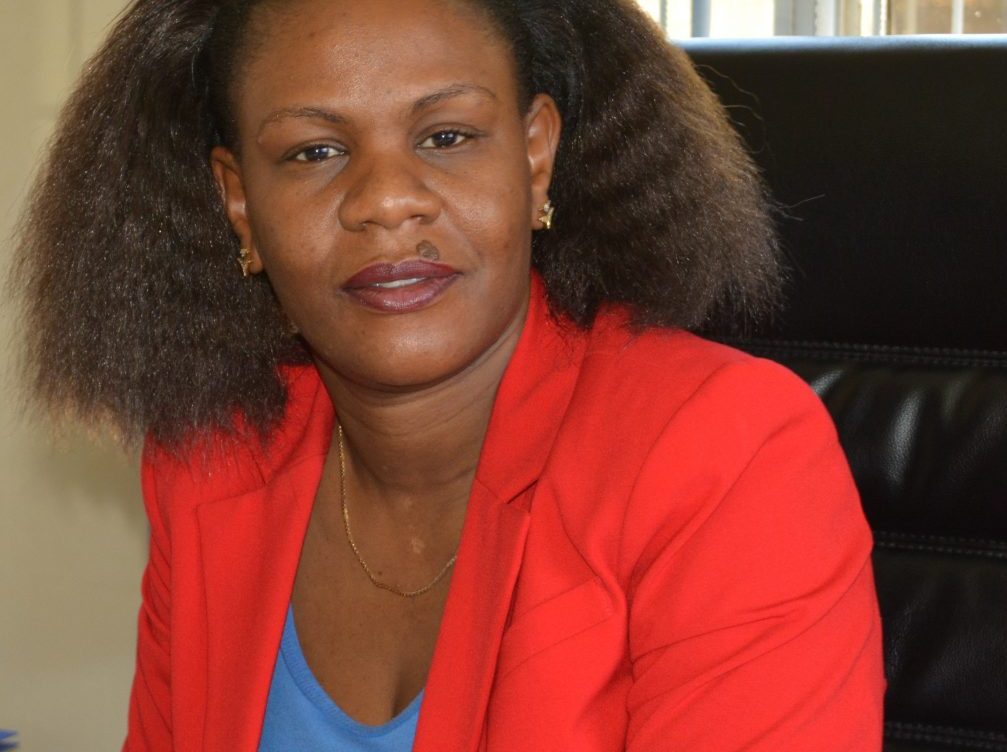
Deepening the involvement of parents in ending child marriages
By Lilian Saka Kiefer
Protecting girls from child marriage is currently a national priority in Zambia and efforts have increased in recent years. There have been active discussions and increased efforts in addressing child marriages in Zambia, and in Africa as a whole. The motivation has been that marriage of any person below the age of 18 deprives adolescent girls of their reproductive health rights and impinges upon their opportunity to realize their full potential and enjoy their human rights as established in various international treaties.
There are several interventions, and the main intervening actors focus their efforts on the harmonization of customary and statutory marriage law, to ensure that child marriages are not protected by law, ensuring that these laws are enforced; and raising awareness and sensitizing communities about the negative consequences of child marriage. These components compose the National Plan of Action to End Chid Marriage being implemented at national, district and local level.
Despite the presence of these efforts and provisions to tackle child marriage, the prevalence of child marriage is very high in Zambia especially among girls. The United Nations Population Fund (UNFPA) reports that among 20 to 24-year-olds who are already married, 31.4% of females were married before age 18 as compared with only 2.2% of males. The rates of child marriages are highest in Northern Province, Muchinga Province, and parts of the Copperbelt and Eastern provinces. UNFPA highlights the districts of Isoka and Chama in Muchinga Province, and Masaiti, Mpongwe, and Lufwanyama in the Copperbelt Province as child marriages hotspots in Zambia. This does not mean that child marriages do not take place in other areas, but that the rates are well above average in the hotspots.
This high prevalence of child marriage among girls can be largely attribute to low appreciation and value among parents, girls themselves and the community at large of girls’ rights to dignity, non-discrimination, education, health, and quality of life.
Adolescent girls have a right to education, health, dignity, non-discrimination, and quality of life. Protecting, promoting, and fulfilling these rights is necessary to ensure that adolescents grow into healthy, skilled, productive, independent, and responsible adults. However, the prevalence of child marriage in Zambia stands in the way of ensuring these rights. To protect, promote, and fulfil the rights of adolescent girls, there is therefore a need to eradicate child marriage.
However, Panos Institute Southern Africa (PSAf) contends that while there are active interventions around child marriage bordering on law and policy reform as well as advocacy for enforcement, one key underlying factor remains inadequately addressed. This is the low appreciation and value among parents, girls themselves and the community at large of girls’ rights to dignity, non-discrimination, education, health, and quality of life.
This has led to situations where girls opt for early marriages or parents give their children in marriage at a young age. Sometimes, this is done in succumbing to societal or cultural pressure, other times it is motivated by economic needs and poverty, considering the limited options for girls who are already out of school. The bottom line remains that in a situation where the rights of the girl child are well appreciated and respected, child marriages would not be an option – not by the family nor the community.
In response to this challenge, PSAf is approaching the ending child marriages agenda by implementing a girls’ rights education project targeting parents, girls and other opinion leaders in the communities (traditional leaders, religious leaders, political leaders alike), building their appreciation of the right to dignity for the girl child and mobilising them to actively defend girls from child marriages which is a violation of their fundamental human rights.
These interventions are aims at increasing respect and protection of girls’ rights to dignity and non-discrimination by parents and community members by rejecting child marriages and empowering girls to effectively value, cherish and defend their right to dignity and non-discrimination by saying No to child marriages.
Hopefully, these interventions will meaningfully contribute to accelerating the elimination of child marriages in Zambia.
The author is PSAf Executive Director. For feedback, email: lilian@panos.org.zm.